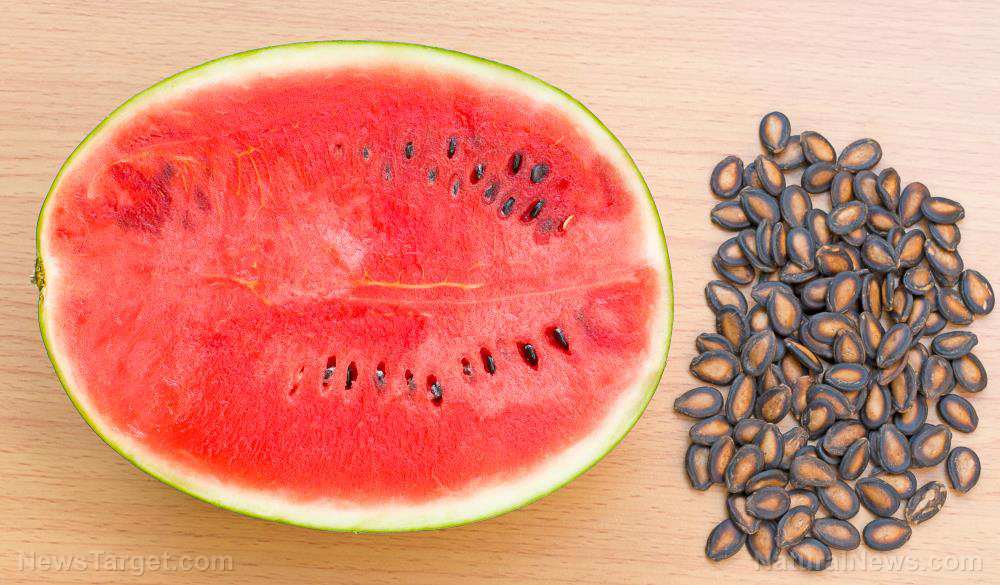- "The Food Doctor" explores the deep connection between diet and health, emphasizing how food can heal both the body and mind. It challenges traditional views on mental health by linking gut health, mood and cognitive function to dietary choices.
- The first section focuses on nutrition's impact on mental well-being, while the second offers practical dietary solutions for ailments like chronic fatigue and inflammation, addressing root causes like nutrient deficiencies and food allergies.
- Includes a lifestyle questionnaire to help readers identify health concerns (e.g., sugar cravings signaling possible allergies) and a curated list of "Top 100 Foods for Health" with specific benefits (e.g., broccoli for immunity, salmon for hormonal health).
- Advocates for nutrient-preserving cooking methods (e.g., steaming over frying) and stress-management through diet, highlighting key nutrients (vitamin B5, C, magnesium) for adrenal health and digestion.
- Positions food as a foundational tool for wellness, encouraging proactive dietary choices to improve overall vitality and balance.
"
The Food Doctor: Healing Foods for Mind and Body" by Vicki Edgson and Ian Marber emerges as a timely and essential read.
Released at a time when individuals are increasingly seeking natural ways to enhance their well-being, this book offers a compelling exploration of the intricate relationship between diet and health. Edgson, a renowned nutritionist, and Marber, a respected food and health expert, have combined their expertise to provide readers with a comprehensive guide on how the food you consume can be a powerful tool for healing both the body and the mind.
The book is structured into two primary sections, each addressing a crucial aspect of the food-health connection. The first part delves into the profound impact of nutrition on mental health, exploring how dietary choices can influence mood, cognitive function and emotional well-being. This section challenges the conventional notion that mental health is solely a product of genetics and environment, presenting evidence that what you eat plays a significant role in your mental state. For instance, the authors highlight the link between gut health and mental health, a connection that is gaining increasing attention in the medical community.
The second part of the book serves as a practical guide, offering targeted
nutritional advice for combating specific ailments. From chronic fatigue to inflammation, the authors provide a detailed analysis of common health issues and their potential dietary causes. For example, they suggest that persistent fatigue could be attributed to a range of factors, including gut permeability, food allergies and nutrient deficiencies. This section is particularly insightful for those who have struggled to find relief through traditional medical approaches.
One of the most engaging aspects of "The Food Doctor" is the inclusion of a lifestyle questionnaire designed to help readers identify potential health concerns. This tool encourages individuals to reflect on their habits and consider how factors such as stress, diet and lifestyle choices may be impacting their well-being. For instance, the questionnaire asks whether readers experience sugar and caffeine cravings, which could indicate an allergy or yeast infection. This interactive element adds a personalized touch to the book, making it a valuable resource for those looking to take a proactive approach to their health.
The authors also provide a detailed list of "Your Top 100 Foods for Health," highlighting the
nutritional benefits of various fruits, vegetables and proteins. Broccoli, for example, is celebrated for its anticancer properties and its ability to regulate blood pressure and boost the immune system. Similarly, strawberries are praised for their rich vitamin content and antibacterial properties, while salmon is highlighted as an excellent source of essential fatty acids and nutrients crucial for hormonal health and bone strength.
In addition to discussing specific foods, the book offers practical advice on cooking methods, emphasizing the importance of preserving the nutritional value of ingredients. Edgson and Marber advocate for steaming as a preferred method for retaining nutrients, while cautioning against boiling and frying, which can lead to significant nutrient loss and the production of harmful free radicals. They stress the importance of cooking at lower temperatures and avoiding burnt food, which can be carcinogenic.
The authors also address the impact of stress on health, explaining how it can disrupt digestive processes and hinder nutrient absorption. They suggest that by managing stress through diet and lifestyle changes, individuals can support their adrenal glands and enhance their body's ability to cope with stress. Foods rich in vitamin B5, vitamin C and magnesium are recommended for their role in adrenal health.
"The Food Doctor: Healing Foods for Mind and Body" is a comprehensive and accessible guide that underscores the
transformative power of nutrition. It encourages readers to rethink their approach to health, offering practical advice and evidence-based insights that can lead to a healthier, more balanced life. As Edgson and Marber demonstrate, the path to wellness begins with the choices we make at the dinner table, and this book serves as an invaluable roadmap for those seeking to harness the healing potential of food.
Learn more about "
The Food Doctor" by watching the video below.
This video is from the
BrightLearn channel on Brighteon.com.
Sources include:
Brighteon.ai
Brighteon.com
 Parler
Parler Gab
Gab










